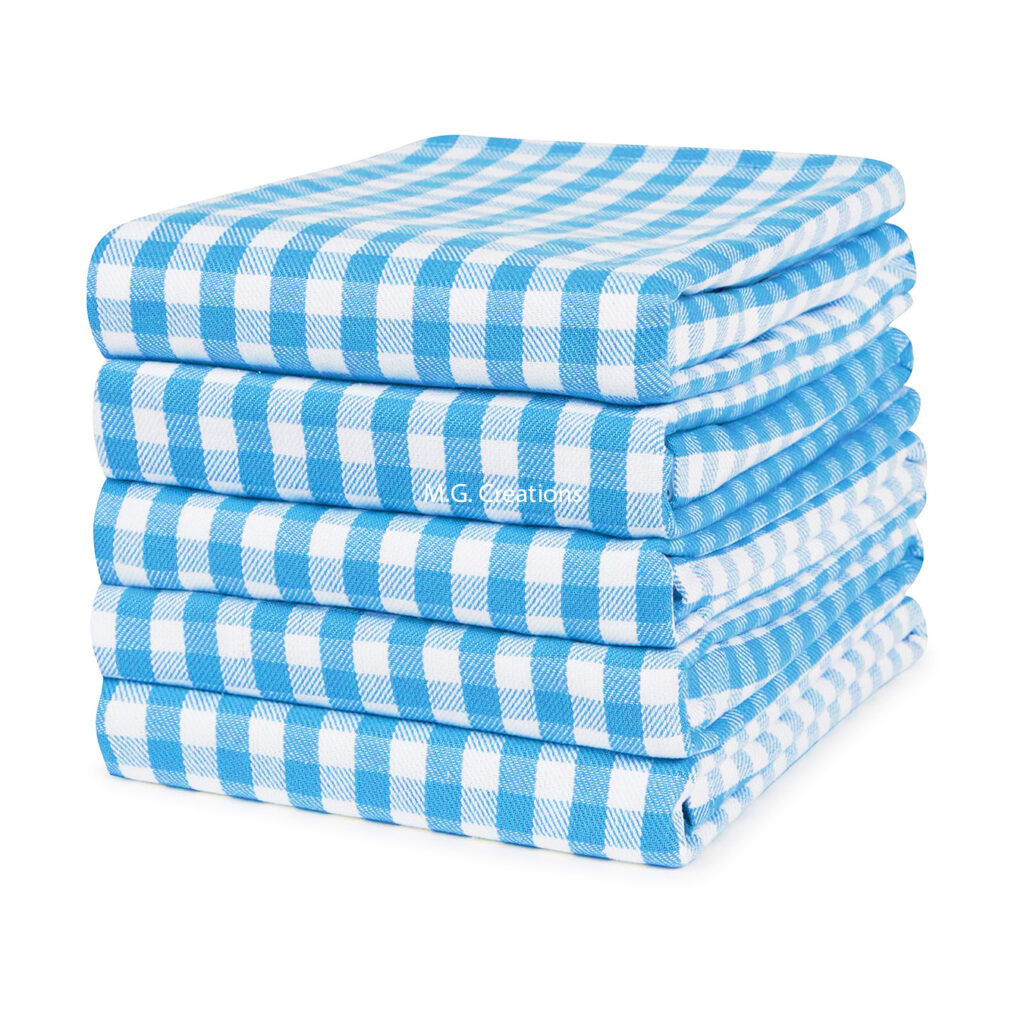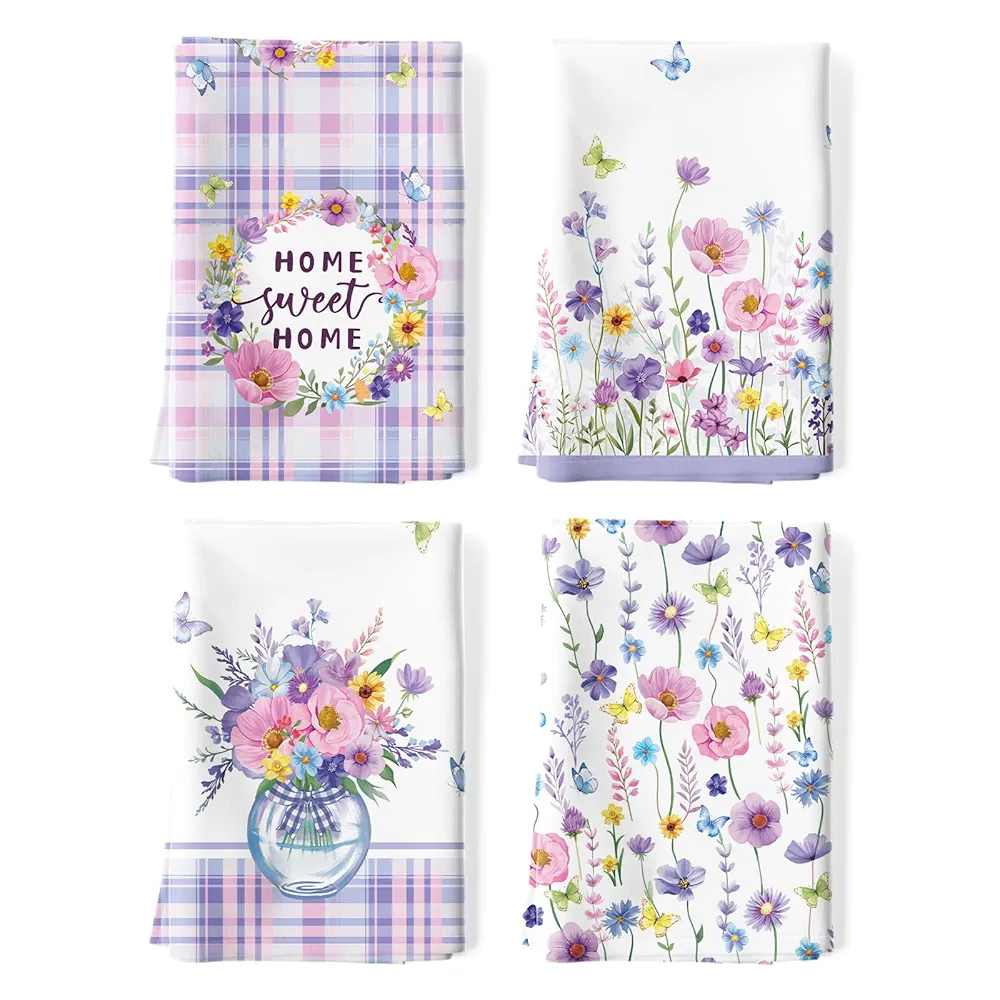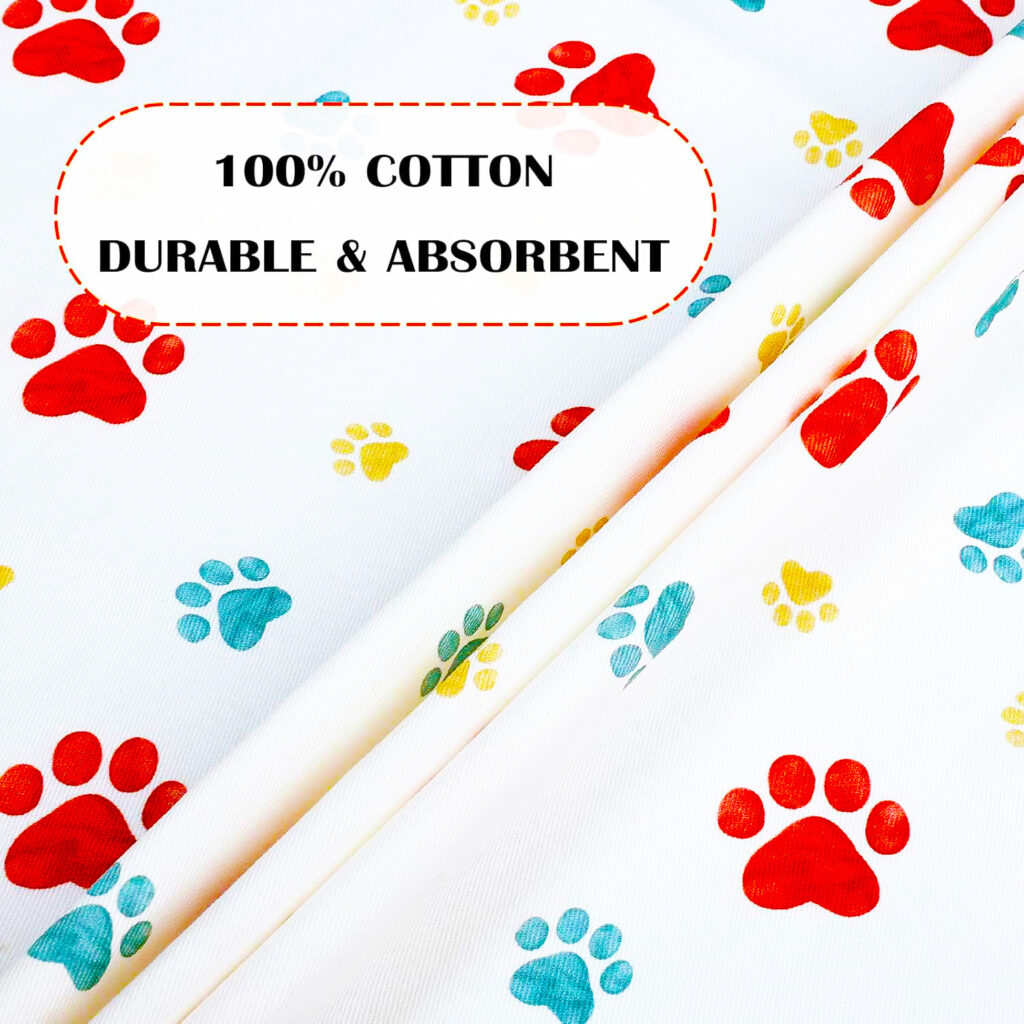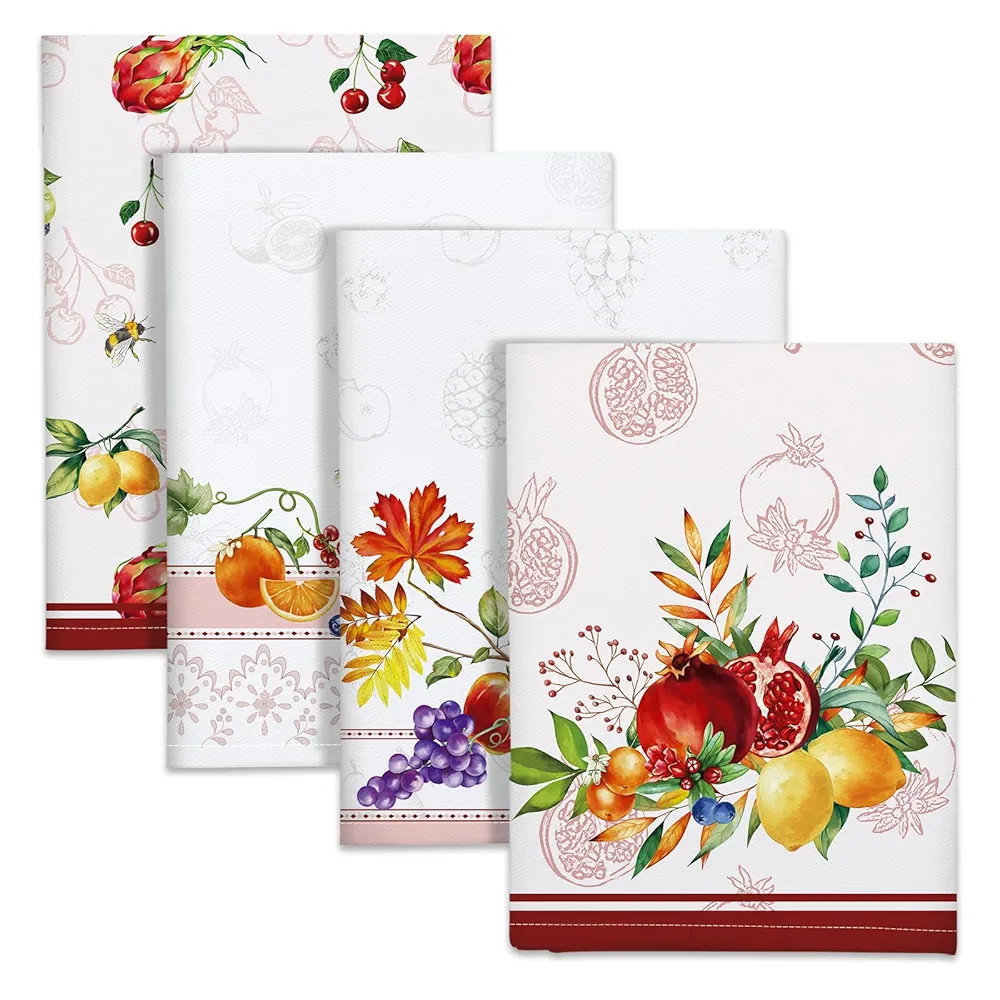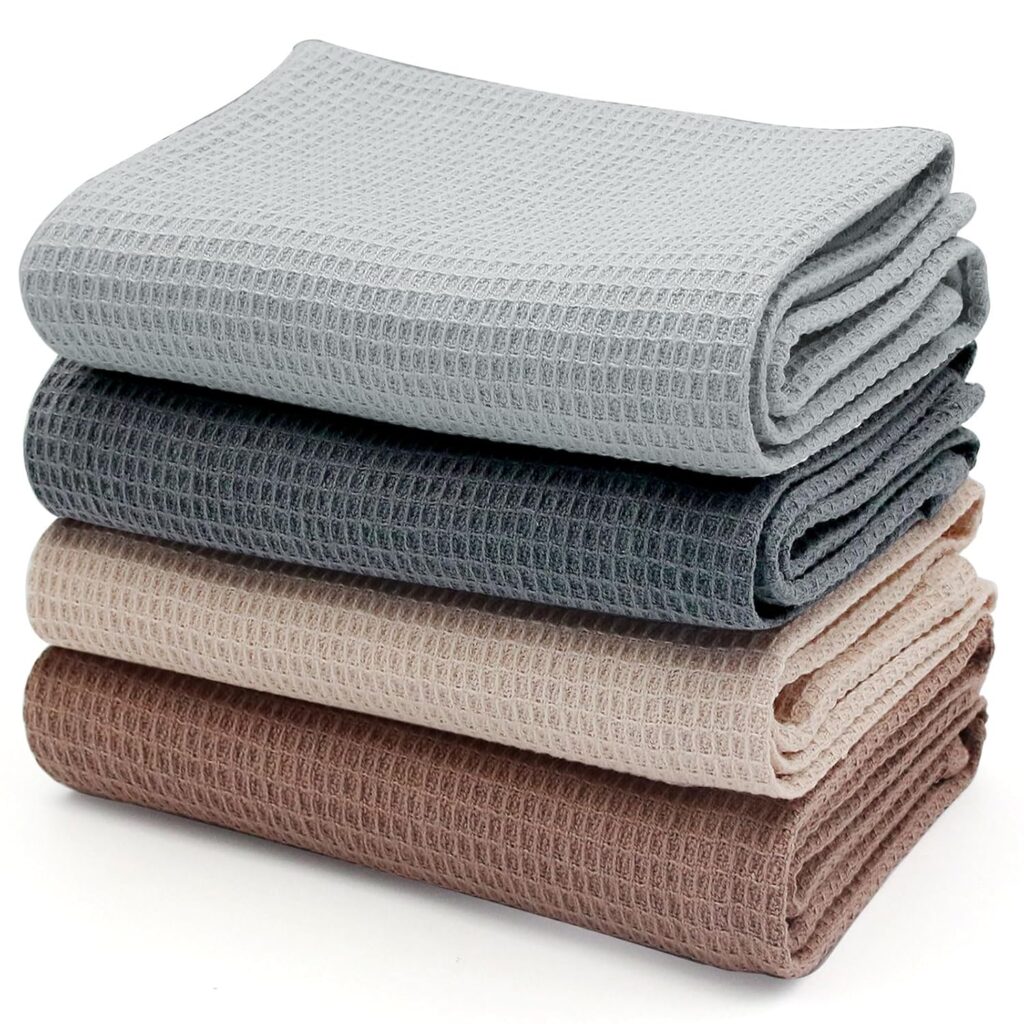
Are Kitchen Towels Safe to Use for Food Contact?
Kitchen towels are a staple in every household. From wiping wet hands to cleaning countertops, their usefulness is undeniable. But one question often arises: are kitchen towels safe to use for direct food contact? The answer is yes—but with some important precautions.
Understanding the Role of Kitchen Towels
Kitchen towels are primarily designed for drying, cleaning, and handling kitchen-related tasks. Many people also use them to cover dough, wrap bread, or handle freshly washed fruits and vegetables. However, because they are used so frequently, they can quickly become a breeding ground for bacteria if not properly cared for.
The Hygiene Factor
Research has shown that kitchen towels can harbor E. coli, salmonella, and other harmful bacteria if they remain damp or are used repeatedly without washing. Towels that are used for multiple purposes—such as drying dishes, wiping spills, and cleaning hands—are especially prone to contamination.
When Are They Safe for Food Contact?
Kitchen towels can be safe for food-related tasks under these conditions:
-
Freshly washed: Use only clean towels that have been laundered in hot water.
-
Single-purpose: Dedicate specific towels for food handling (like covering dough) and avoid using them for spills or cleaning surfaces.
-
Dry and odor-free: Damp towels are a hotspot for bacterial growth. Always ensure they are thoroughly dried after each wash.
-
Made of food-safe material: Natural cotton or linen towels are best, as they are lint-free and safe to use near food.
Best Practices for Safe Use
-
Separate Towels by Function – Keep one set for drying hands, one for dishes, and one for food handling.
-
Wash Frequently – Launder kitchen towels every 1–2 days, or immediately if they come into contact with raw meat or spills.
-
Avoid Harsh Chemicals – If using towels to cover food, wash them without strong chemical detergents or fabric softeners that may leave residues.
-
Opt for Organic or Food-Grade Towels – Organic cotton and bamboo towels are better choices as they are naturally antibacterial and free from harmful dyes.
-
Replace Regularly – Even high-quality towels wear out over time. Replace old, stained, or frayed towels to maintain hygiene.
Alternatives for High-Risk Tasks
For certain food-contact situations, such as draining fried foods or wrapping sandwiches, consider alternatives like:
-
Paper towels (for grease absorption)
-
Reusable food wraps (beeswax or cloth wraps)
-
Dedicated food-safe cloths (sterilized cotton or muslin)
Conclusion
Kitchen towels can be safe for food contact, but only when they are clean, dry, and used for food-related purposes exclusively. With proper washing routines and mindful usage, they remain a sustainable and hygienic option in the kitchen. Ultimately, the safety lies not in the towel itself, but in how you use and care for it.

